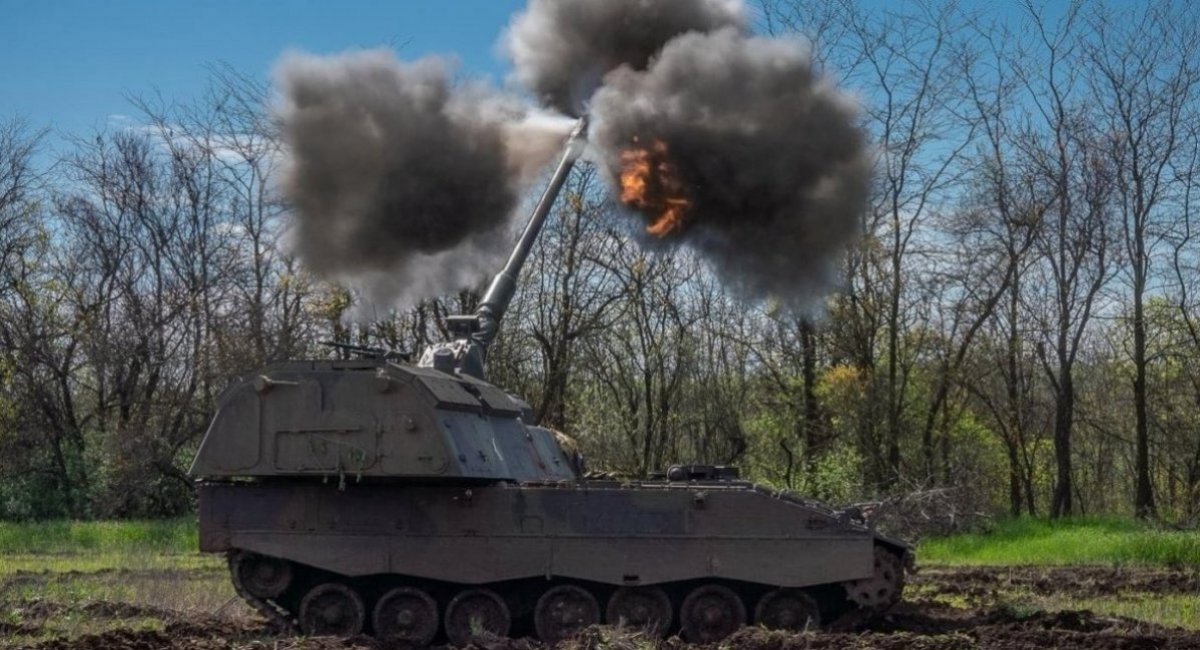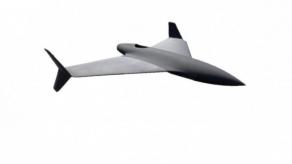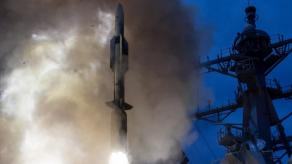For nearly three years (except for the first months following russia’s full-scale invasion in February 2022) Germany has consistently reported the volume and types of weapons it provided to Ukraine as part of its defense support.
To this day, the official website of the German federal government offers a detailed list of tanks, armored vehicles, air defense systems, drones, munitions, and more. It even includes the quantity of equipment already delivered and projections for future shipments. However, according to Spiegel, citing the dpa news agency, the newly appointed government under Chancellor Friedrich Merz intends to significantly limit disclosures about arms deliveries to Ukraine. This decision comes with several strategic justifications.
Read more: Germany Accelerates Weapon Deliveries to Ukraine: Zuzana 2, New “Shahed Killers” & Smart HF-1 Drones
The primary goal behind the new policy is to "deprive the aggressor of an advantage in the war in Ukraine." While this reasoning may sound declarative, it is not without merit. The lack of public data on weapons shipments will likely force russian intelligence to invest far more effort into assessing the capabilities of Ukraine’s Defense Forces.
For example, Germany has so far provided detailed reports on artillery ammunition deliveries. Now, as defense giant Rheinmetall ramps up shell production and supply volumes increase, withholding this data may make it more difficult for russian analysts to accurately estimate Ukraine’s ammunition stockpiles.
The same logic applies to other categories of weapons and military equipment. Naturally, this shift toward secrecy is not a cure-all. It is unlikely that the German federal government's website was the only source of intelligence for russia regarding Berlin's defense assistance to Kyiv.

It is also important to consider the broader context of this development. As Spiegel notes, the German government was essentially forced to disclose its military aid to Ukraine back in 2022 for two key reasons. First, due to growing public pressure demanding transparency. Second, to provide hard evidence of Germany’s role in arming Ukraine, especially at a time when Berlin was widely criticized for offering insufficient military support.
It is reasonable to cautiously assume that greater secrecy around defense deliveries could have a positive effect on both the quantity and quality of future arms shipments. For example, Chancellor Friedrich Merz has publicly expressed support for transferring Taurus cruise missiles to Ukraine. In this case, a policy of confidentiality could help facilitate a favorable decision.

If these missiles are eventually delivered, we will likely learn about them only after their first use. russian forces would then present fragments as evidence, just as they did with other types of weaponry in 2022.
It is also worth recalling that Germany remains one of the likely candidates to provide Ukraine with an additional battery of Patriot air defense systems. Given that Berlin has already delivered the equivalent of two and a half systems (including one shared contribution), excessive publicity could hinder further negotiations and decisions on this matter.
While Germany debates the political and military value of transferring Taurus missiles, Rheinmetall is betting on ammunition — expanding shell production, including in Ukraine. Meanwhile, the UK is considering a joint weapons production hub with Ukraine, signaling growing European interest in deeper industrial defense cooperation.
Read more: Germany Updates Military Aid List for Ukraine: Gepard, Vector Drones, and Ammunition














